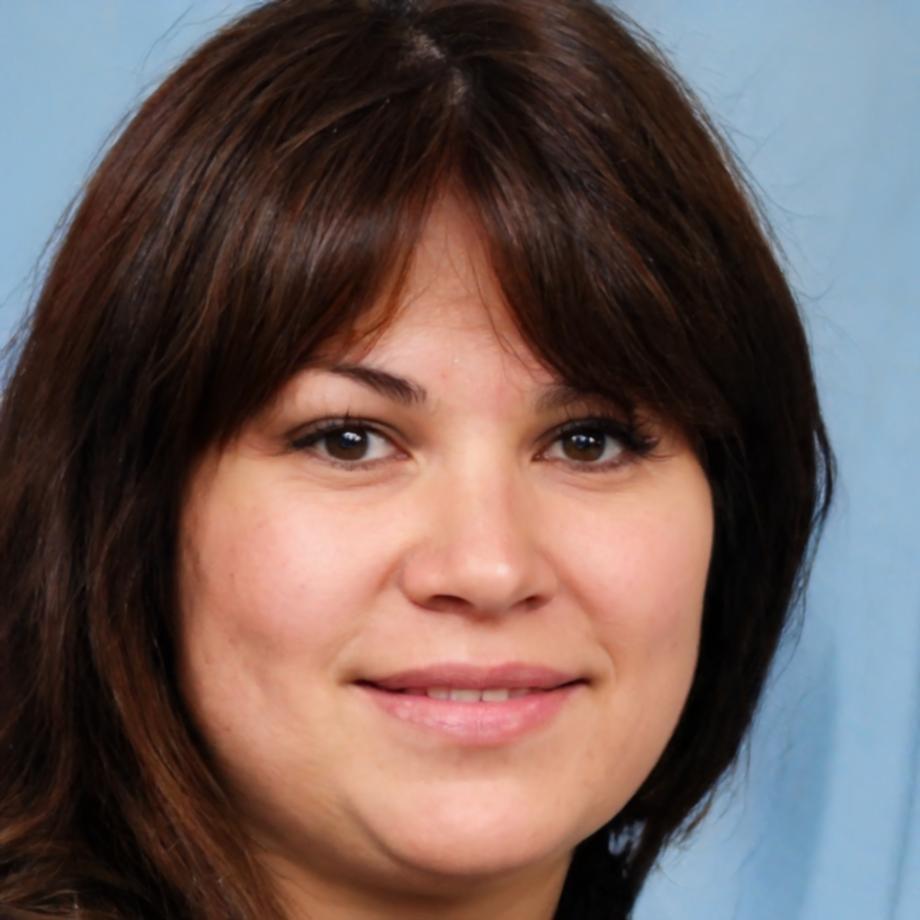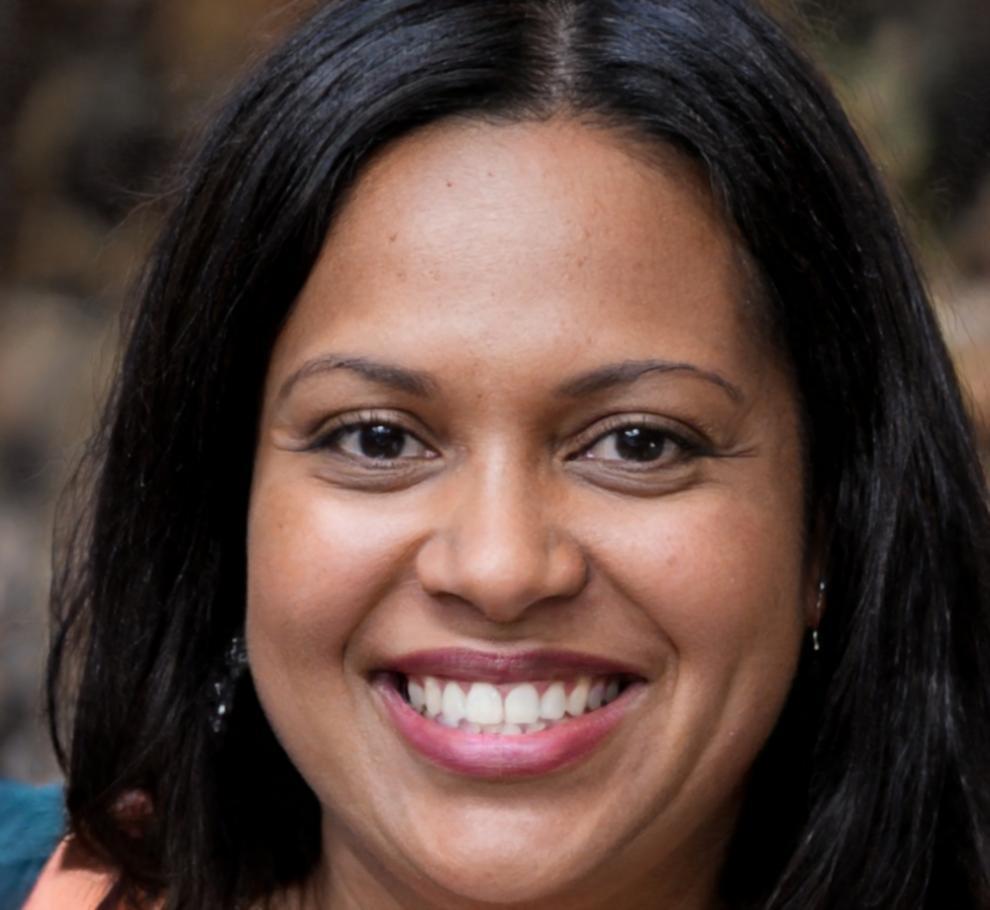Building Confidence Through Financial Education
We believe smart investing starts with understanding—not hype or quick fixes. Our learning programs help Canadians build the knowledge they need to make decisions that actually fit their goals and comfort level.
Questions People Actually Ask Us
We organized these by where you might be in your decision process. Some folks just browse. Others are ready to start. A few are already midway through and checking in.

What if I'm completely new to investing?
That's actually pretty common. About half our participants come in with minimal experience. We start with basic concepts and build from there—no assumptions about what you already know.
How much time does this really take each week?
Most people spend 4-6 hours weekly. That includes self-paced materials, live sessions, and practice exercises. Some weeks are lighter, others need more focus depending on the topic.
Can I ask questions about my actual finances?
Yes, within reason. We're educators, not personal advisors, so we focus on principles and examples. But you can absolutely bring real scenarios to workshop discussions and get guidance on how to think through them.
What happens if I fall behind on modules?
Life happens. Materials stay accessible, and you can catch up at your own pace. We recommend staying roughly on schedule to benefit from group discussions, but there's flexibility built in.
Do I get ongoing access to resources?
You keep access to core materials indefinitely. We also host quarterly update sessions for alumni—market conditions change, and it helps to revisit concepts as your situation evolves.
Is there a community after the program ends?
Our alumni network stays active through discussion forums and optional meetups. It's informal but useful—people share experiences, ask follow-up questions, and sometimes just check their thinking with others.
Where Investment Education Is Heading
The way people learn about investing keeps shifting. We track these changes and adjust our approach so what you're learning stays relevant beyond next quarter.
More Focus on Behavior Than Strategy
Turns out emotional decision-making matters more than most technical knowledge. We're seeing education shift toward understanding your own patterns and biases before diving into asset allocation.
Real-Time Scenario Practice
Static case studies don't cut it anymore. Programs that let you work through market volatility simulations and time-sensitive decisions seem to build confidence faster than theory alone.
Personalized Learning Paths
Not everyone needs the same depth on every topic. Adaptive programs that let you spend more time where you're less confident and skip what you already grasp are becoming the standard.
Integration with Canadian Tax Context
General investment advice doesn't help much when you're trying to figure out TFSAs versus RRSPs. Education that addresses specific Canadian considerations gets more traction with local investors.
Post-Program Accountability
Learning something and actually doing it are different things. Programs that include follow-up check-ins and progress tracking after completion show better long-term results for participants.
Smaller, More Frequent Sessions
The marathon weekend workshop model is fading. Shorter sessions spread over months give people time to absorb concepts and test them out before moving forward—less overwhelming, better retention.
Who You'll Learn From
Our instructors aren't celebrity investors or finance personalities. They're people who've worked in various parts of the industry and now focus on teaching others what actually matters when you're building your own investment approach.

Elspeth Nørgaard
Elspeth spent twelve years as a portfolio analyst before switching to education in 2019. She's good at explaining complex concepts without dumbing them down, and her workshop sessions focus on practical application rather than theory alone.

Siobhán Kováč
Siobhán's background is in psychology and economics. She joined us in 2021 after working with financial planning firms on client decision-making patterns. Her modules help participants recognize when emotions might be driving choices.
Our Next Program Starts September 2025
We're currently accepting applications for our fall cohort. If you're interested in joining, reach out soon—we cap enrollment at 35 participants to keep discussions manageable.
Get Program Details